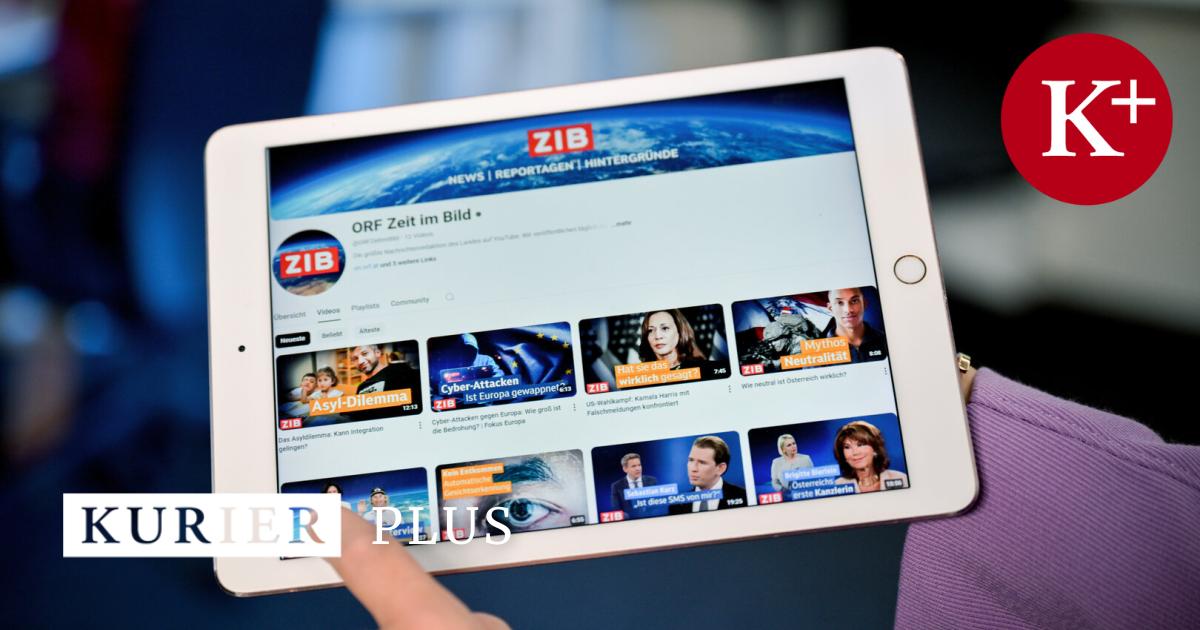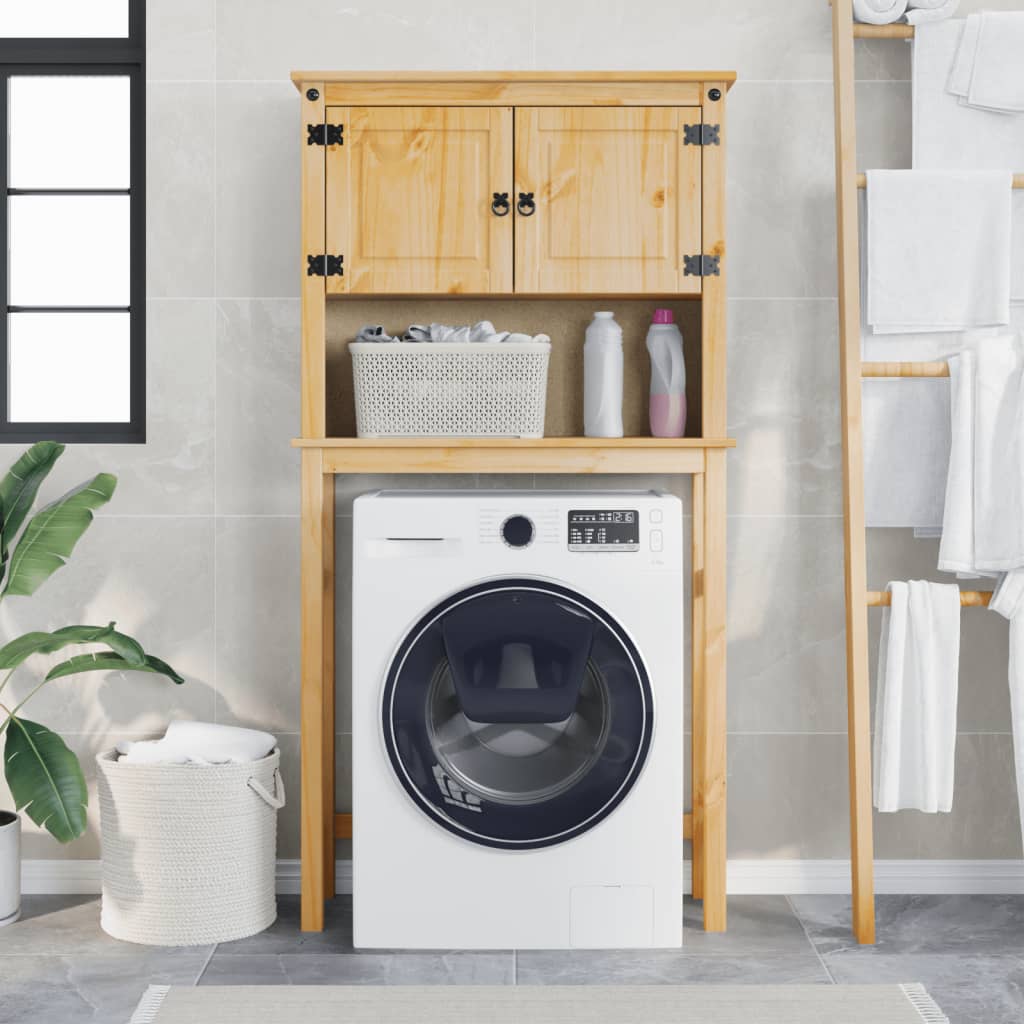Hard targets
They do not want to communicate what the user target for YouTube is: “There are hard targets, but we keep them to ourselves,” says Oberguggenberger. This is probably also because the YouTube launch will be “the most difficult social launch we have ever had”: “YouTube is an extremely slow-growing platform. Practically all successful channels are only successful because they have been around for so long. Starting a YouTube channel in 2024 is a huge challenge and, if possible, it will only be possible with a strong brand like ‘Zeit im Bild’. And a brand that, thanks to our successful work on Instagram, is already so big that a certain conversion rate is possible. The ZIB brand should be a seal of quality for viewers on YouTube too. The big goal is constant growth. But we will not take off from day one.”
Daily current articles are planned, and a specially produced explanatory piece once a week (see box above). “We don’t want to be a media library, nor do we want to provide an overview of the news; that’s what ORF ON and news.orf.at are for,” she says.
Speaking of which: Is there resistance or internal friction? “Actually, not at all,” she says. “We clearly distance ourselves from the media library and are also in close contact with the editorial management. Everyone knows that social media is important. Everyone knows that if we want to fulfil our mission, we have to be there for the entire audience. And we can’t avoid social media.”
There is no getting around it is a good keyword. The relationship between traditional media and online platforms is certainly problematic – as an editor, you hand over a lot of control to the algorithm.
No other solution
Can you want that? “We have this discussion almost every day and it’s good that we do,” says Oberguggenberger. “We currently have no other solution than to just do it anyway and be present. We have to be agile in order to react if something changes in the algorithm. But yes, it is difficult. And our goal is not to have a 100 percent bar on social media. I would prefer if we were at 0 percent there at some point and were 100 percent on our own ORF platforms. But the audience is on social media, so we have to be present there. That is the reality of use.”
To achieve this reality, the ZiB-3 editorial team has now shifted “editorial power and journalism power from linear to digital,” says Oberguggenberger.
Will license fee money also flow to YouTube – as advertising expenses? No, she says, “we’ve never done that on Instagram and TikTok either”: “We don’t run any advertising, we remain an ad-free channel.”


